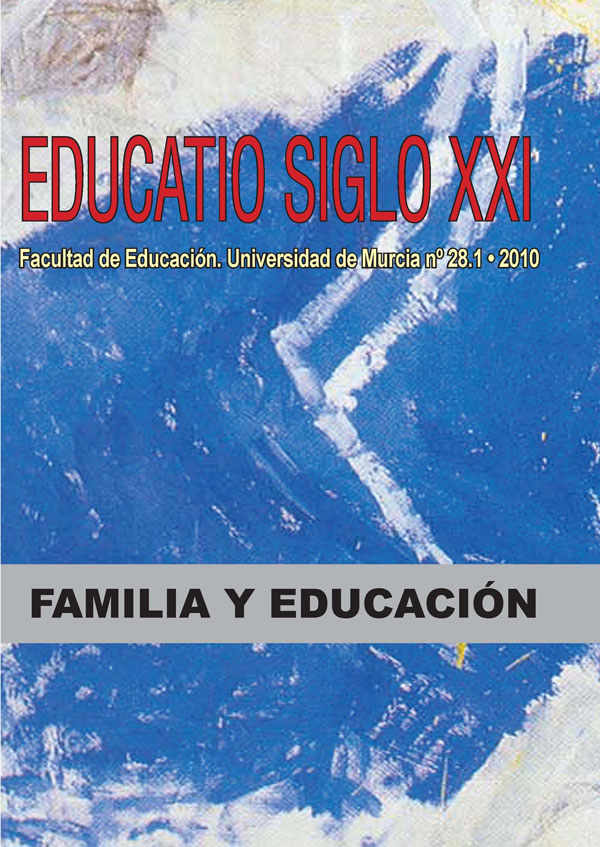Beliefs, challenges and requests of Directors and Coordinators of Andalusian ICT Centres
Abstract
This work presents some of the results of a research to assess the impact of the policy of educational innovation undertaken by the regional autonomous government of Andalusia through the mass installation of information and communication technologies (ICT) in primary and secondary schools (ICT centres). The research is based on a significant sample, namely the
first students to have graduated at the ICT centres. This group has been studied for the impact of telematic courses and the use of free software both at institutional level, in terms of organization at the centres, and at classroom level. A wide range of instruments was deployed (questionnaires for students, teachers and management teams, classroom observation, group discussion, documentary analysis and materials…) during the three years of research in all eight provinces of Andalusia. Our work was based on interviews and focus group, with ICT coordinators and head teachers, using the results to analyse the perceptions, challenges and demands of the teachers involved in this experience at the ICT centres. Among these was the need to instil greater professionalism in the management teams, the importance of the person of ICT coordinator as a channel for innovation, the push for a change of mentality in teachers in order to consolidate the integral and didactic use of ICT and the renewal of teaching methods that arise from a new source of knowledge.
Downloads
-
Abstract698
-
PDF (Español (España))373
Original work publishes in this journal is subject to the following terms:
1. Murcia University Press (the publishing house) holds the copyright of the publishes work, and favours and allows their reutilization under the use license stated in point 2.
© Servicio de Publicaciones, Universidad de Murcia, 2015
2. Work is published in the electronic edition under a license (Creative Commons Reconocimiento-NoComercial-SinObraDerivada 4.0 España (legal text). They can be copied, used, disseminated, transmitted and publicly presented, as long as: i) authorship and original publication source is acknowledged (journal, publishing house and URL of the work); ii) are not used for commercial purposes; iii) the existence and specifications of this use license is stated.
3. Conditions for self-archive. Authors are allowed and encouraged to disseminate electronically the pre-pint (before review) and/or post-print (accepted for publication) versions of their work before their publication since that favours earlier circulation and dissemination resulting in an increased chance for the authors to be cited and for the work to reach a bigger share of the academic community. Colour: RoMEO: green.








